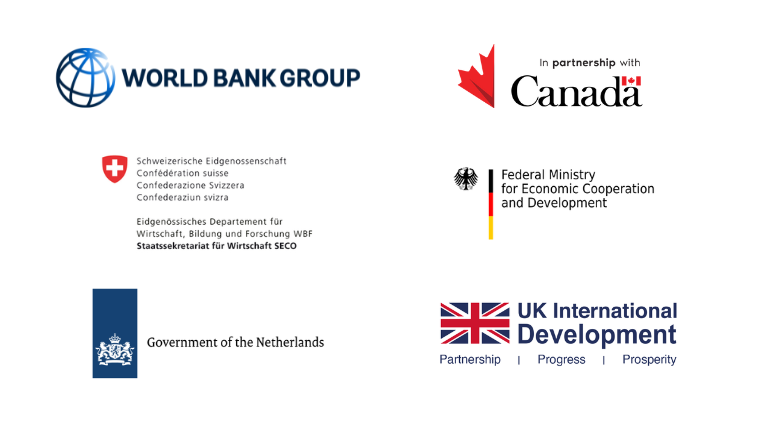The World Bank's Land 2030 Global Partnership assists developing countries in achieving land tenure security for all.
Land is at the center of many significant development challenges. Land and property rights reform contribute to improved economic growth, urbanization, and domestic resource mobilization, support job creation and gender equality and help combat climate change. In addition to sustainable economic development benefits, securing land rights is critical for mitigating conflict risk and safeguarding social cohesion.
But today, too many people around the world lack secure land rights. According to the recent PRINDEX survey, 1.1 billion people feel uncertain about their land and property rights. For women and Indigenous Peoples, land rights are even more insecure. Data from 53 countries shows that within those countries, over 70 percent of women do not own any land. Globally, Indigenous Peoples and local communities have formal legal ownership of only a fraction of the land they use and conserve.
Acknowledging that universal land tenure security can only be achieved through combined efforts and amplified partner collaboration, the World Bank launched the Land 2030 Global Partnership umbrella program in January 2021.
Three country programs in Senegal, Colombia, and Egypt and two global activities supporting women’s land rights and the World Bank Land Conference are currently financed through the umbrella program.
Pillars
Land 2030 has four thematic pillars and three cross-cutting areas. The pillars bundle technical activities to spur innovation and improve technical and policy advice along sectoral lines and issues areas, while leaving enough flexibility to respond to emerging challenges and new issue areas. The four pillars are:
- Client capacity building and training to assist countries in acquiring the capacity to reform policies and formulate projects;
- Knowledge curation and sharing to gather and create a strong knowledge base of operational best practices and innovations, proven policies, strategies and action plans;
- Operational investment capabilities to strengthen operations through direct support to Bank-financed projects and indirect support through knowledge and lessons to partners' projects; and
- Strategic partnerships to closely collaborate and build synergies with other players in the land sector at global, regional and national levels, both within and beyond the Bank.
Land 2030 also has three cross-cutting thematic focus areas:
- Establishing robust mechanisms to increase women's rights to land and property and economic empowerment;
- Scaling up efforts to address the land-related aspects of fragility, instability, and forced migration; and
- Increasing the use and application of technologies to bridge the digital and geospatial divide.

Partners
Structured as a programmatic multi-donor trust fund, Land 2030 is supported by the Government of Canada, the Government of Germany, the Government of the Netherlands, the Swiss State Secretariat for Economic Affairs (SECO) and the Government of the United Kingdom.

